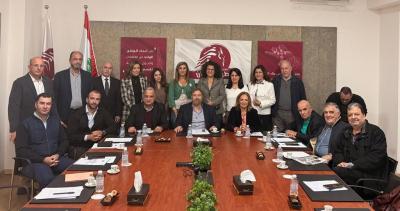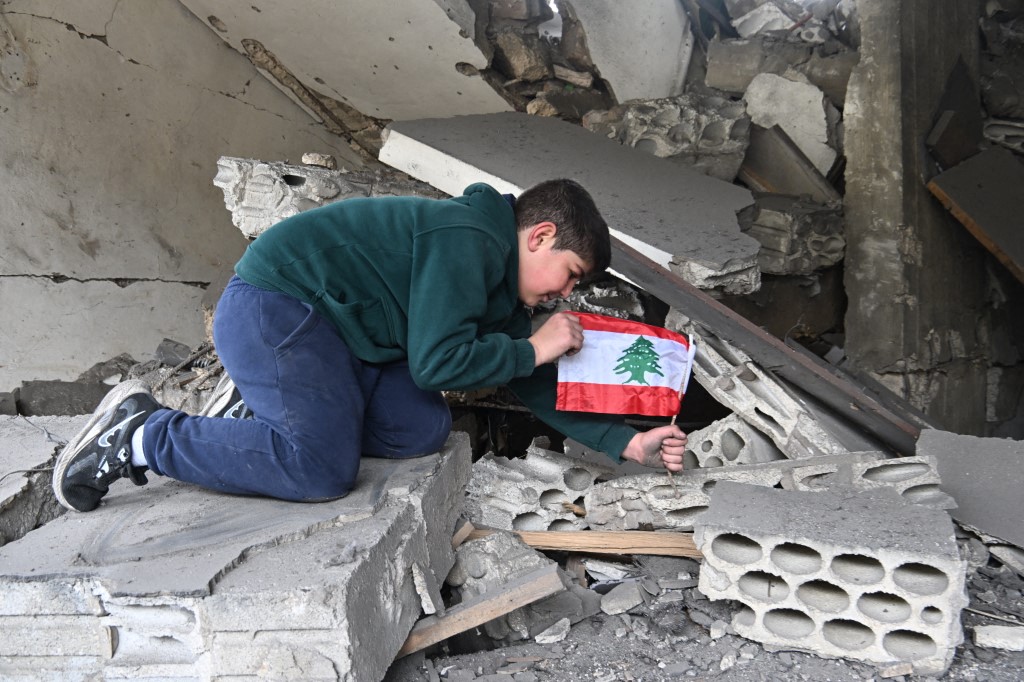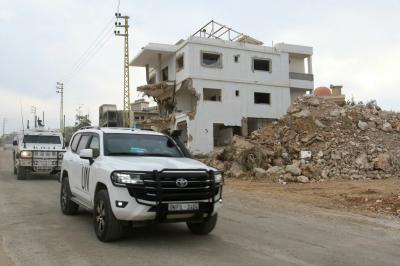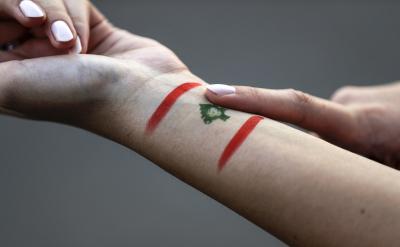Among the most significant chapters closed in the 52 days following the election of President Joseph Aoun on January 9, 2025, is undoubtedly that of "Lebanon as an arena"—a country long consumed by wars that ravaged it for half a century. Today, albeit belatedly, Lebanon is awakening to its true identity: a nation of peace and coexistence, not a battleground for foreign conflicts.
This awakening is not solely the result of a national reckoning but also a reality imposed by regional and international contexts. Lebanon, exhausted by decades of conflicts, is no longer a bargaining chip in the games of power and influence. More importantly, external actors capable of exploiting it as before have faded away, including the collapsing Iranian and Syrian regimes. Neither can now instrumentalize the country, whether directly or through proxies. Furthermore, no regional power today seems intent on dragging Lebanon into a new strategic alignment.
Certainly, the remnants of these regimes are not entirely paralyzed, but they have lost their grip to the extent that they can no longer turn Lebanon into a tradeable asset in negotiations or a battlefield for proxy wars.
A New State That Imposes Its Authority
This shift has been reflected in the firmness of the new state—its presidency, government, and army—in a crucial test of authority during the confrontations near Beirut Airport. Hezbollah, attempting to challenge the state's legitimacy from the outset, was forced to acknowledge its newfound strength and determination. This success suggests that any future attempts to undermine the state will meet a similar response, including during the upcoming funeral processions on Sunday, should they veer off their designated course.
It is no coincidence that President Joseph Aoun declared before the "Press Club" that "Lebanon’s decision is unified in choosing diplomacy because no one wants war—everyone wants the state… The Lebanese are tired of living behind barricades." This message was echoed in a joint statement by the three heads of state— Aoun, Nabih Berri (Speaker of Parliament), and Nawaf Salam (Prime Minister)—following their meeting at the presidential palace.
Similarly, the government’s ministerial statement, which forms the basis for the parliamentary confidence vote, explicitly states that "Lebanon must distance itself from external conflicts." This wording formalizes the country’s transition to an era of peace, centered on diplomacy and international legitimacy, to reclaim territories still occupied by Israel.
Some have pointed out that the statement refers to "distancing Lebanon" rather than "positive neutrality," as mentioned in Aoun’s inaugural speech. However, this distinction is purely semantic—the essence remains unchanged: a commitment to disengagement from regional conflicts while navigating Lebanon’s internal political sensitivities.
A Turning Point in Political Rhetoric
This linguistic precision recalls another debate that has drawn attention: the controversy over the phrase "the right of the Lebanese state" to self-defense, which some sought to replace with "the right of Lebanon," implicitly invoking "the right of the people"—a veiled reference to "resistance." However, the official text carefully avoided this term, just as Aoun’s inaugural address and the prime minister’s statements did.
This semantic dispute highlights an attempt to manipulate language to appease a segment of public opinion, a common political tactic in times of transition. Yet, from a legal and constitutional perspective, the state is built on three pillars: the people, the territory, and the authority. The term "Lebanon" encompasses all three, with the people at its core.
However, the era of populist slogans appears to have ended with the cessation of wars. Once essential for mobilization, such rhetoric has gradually lost its impact in the face of changing realities. The upcoming funeral processions in Beirut and along the airport road may be among the last instances of such mobilization, driven by well-known and perhaps justified frustrations.
An Inevitable Return to the State
Those who continue to resist the state’s authority will, sooner or later, be compelled to align with it due to political realities and the diminishing means to sustain their opposition. The acknowledgment by their leaders of their inability to meet the exorbitant costs of reconstruction, coupled with their failure to maintain an armed struggle, leaves them with little choice.
One cannot, on the one hand, rely on the state for rebuilding efforts while, on the other, obstruct its sovereign decisions—most notably, the diplomatic and cooperative initiatives aimed at reclaiming occupied territories.
Twisting reality does not change the facts. A Hezbollah MP recently attributed the liberation of border villages to "the resistance and the residents," while disregarding the pivotal role played by the Lebanese state—through its army, diplomacy, and political pressure via the United Nations. It was, in fact, state-led action under Resolution 1701 in 2006, and before that under Resolution 425, that secured these achievements. The same approach will eventually be applied to enforce Resolutions 1559 and 1680.
A Future of Stability
Lebanon is finally emerging from the shadow of war into an era of stability and prosperity. It now stands as a safe haven for all its citizens, including Hezbollah’s social base, which has suffered immensely from loss and destruction.
It is time to abandon the cycle of perpetual sacrifice and isolation, both domestically and internationally. The country’s future can only be built through a sovereign state—strong in its institutions and firmly engaged with the international community.
Please post your comments on:
[email protected]
 Politics
Politics













